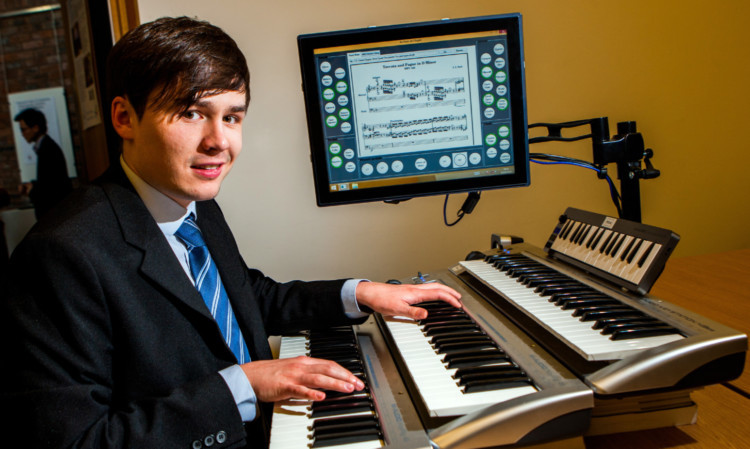Artificial neural networks? Why, they are elementary my dear Watson.
So the great Sherlock Holmes would think anyway, although the rest of us might be struggling to get our brains around the concept of replicating his deductive methods on a computer.
That is one of the many innovative and thought-provoking ideas from computing students at Dundee University included in the degree show running at its Queen Mother Building from now until the end of this month.
Jack Graham is responsible for the investigation into how to create a version of Sherlock Holmes’ thought processes.
His project involved him looking at recent developments in the field of neural networks, which are computational models of neurons in the brain.
He wanted to see how such a system could be used to emulate intelligence and logical reasoning.
Other students who have come up with novel ideas are Heather Ellis, whose SeizurePad is an app to help manage seizures in people with complex epilepsy, and Ross Strachan, who has created a tool to improve communication between dentists and patients with complex care needs.
Also sounding the right note is Fraser Sharp, from Forfar, who has captured the exact sound of the 100-pipe organ from Craigiebank Church in Dundee.
It is about to be refurbished and the organ may not be replaced but Fraser has managed to sustain the sounds of the organ, digitally, forever.
Dr Janet Hughes, dean of the university’s school of computing, said: “Visitors will be able to see for themselves just why we are so proud of the class of 2014 and why they should be proud of their achievements.
“Computing software is found in everything and these fresh and inventive minds have created new applications that address a wide spectrum of needs.
“As the students developed their final products, the buzz was palpable as the project became a part of them.”
Find out more at www.computing.dundee.ac.uk.
